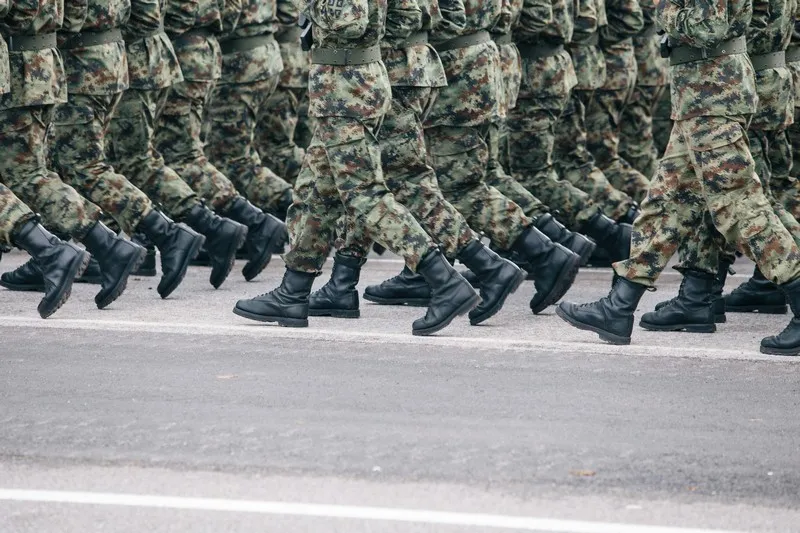In the field of sociology, the term “coup d’état” refers to a sudden and often violent overthrow of a government or a ruling authority by a small group of individuals, typically within the existing power structure. This term, which originated from the French language, translates to “blow of state” or “stroke of state.” Coup d’état is a complex phenomenon that has been a subject of study and analysis for sociologists, political scientists, and historians.
Historical Context
Coup d’état has a long history dating back to ancient times. Throughout history, we have witnessed numerous instances of coup attempts and successful coups that have shaped the course of nations and societies. From the Roman Empire to modern-day democracies, coup d’état has played a significant role in political transformations.
Characteristics of Coup d’État
When examining coup d’état from a sociological perspective, several key characteristics can be identified:
- Covert Planning: Coup d’état involves careful planning and coordination by a group of individuals who seek to seize power. This planning often takes place in secret, with conspirators strategically organizing their actions to maximize the chances of success.
- Use of Force: Coups usually involve the use of force, ranging from military intervention to violent demonstrations. The level of violence may vary depending on the circumstances and the resistance faced by the coup plotters.
- Targeting the Existing Power Structure: Coup d’état aims to overthrow the existing government or ruling authority. The coup plotters typically target key institutions, such as the executive branch, the military, or the judiciary, to gain control and legitimacy.
- Leadership and Organization: Successful coups require strong leadership and effective organization. The coup plotters must have a clear vision, coordination, and the ability to mobilize their supporters to achieve their objectives.
- Political Motivations: Coup d’état is often driven by political motivations. These motivations can vary, including a desire for power, ideological differences, dissatisfaction with the current regime, or perceived corruption and abuse of power.
Types of Coup d’État
Sociologists have identified different types of coup d’état based on their characteristics and outcomes:
- Traditional Coup: This type of coup involves the use of military force to overthrow the government and seize power. The military plays a central role in executing the coup, and the outcome may result in a military-led government or the installation of a new civilian regime.
- Self-Coup: Also known as a “autogolpe” or “auto-coup,” this type of coup occurs when a sitting leader or government uses their existing power to dissolve democratic institutions, suspend civil liberties, and consolidate their authority. Self-coups often involve the manipulation of legal mechanisms to legitimize the power grab.
- Constitutional Coup: In a constitutional coup, the existing power structure is overthrown through legal means. The coup plotters exploit constitutional loopholes or use legal mechanisms to remove the current government and establish a new regime. This type of coup often involves manipulating or amending the constitution to justify the power transfer.
- Failed Coup: Not all coup attempts are successful. Failed coups occur when the plotters are unable to seize power or are swiftly suppressed by loyalist forces. Failed coups can have significant consequences, leading to political instability, repression, or even civil war.
Societal Impacts
Coup d’état can have profound societal impacts, shaping the political, social, and economic landscape of a country. The consequences of a successful coup can range from political repression and human rights abuses to the establishment of new political systems or the consolidation of power by authoritarian regimes. Failed coup attempts can also lead to social unrest, political polarization, and a loss of confidence in the government.
Conclusion
Understanding coup d’état from a sociological perspective allows us to analyze the dynamics of power, political instability, and social change. By examining the characteristics, types, and societal impacts of coup d’état, sociologists can contribute to our understanding of political transitions, governance, and the complexities of power struggles within societies.





